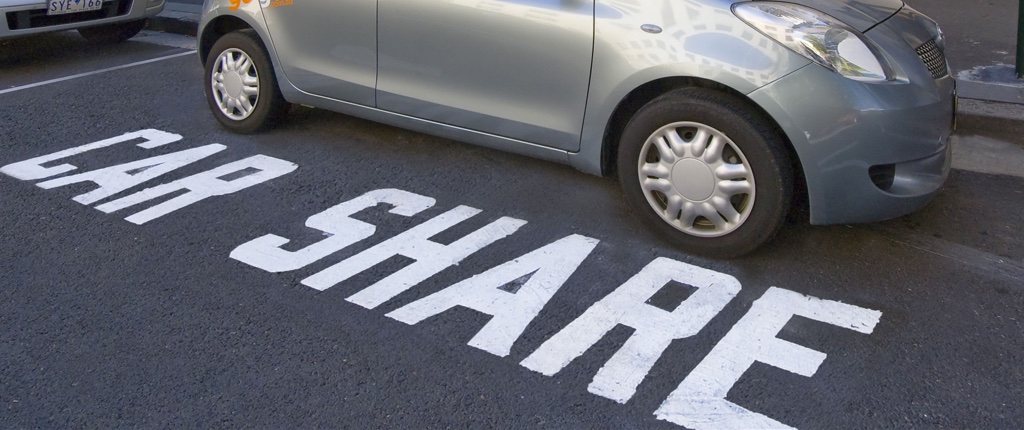Car Sharing or Traditional Car Rental for North Cyprus
The world of car rentals and holiday transport has experienced a seismic shift in the last 5 to 10 years. Uber muscled their way into a marketplace that had been dominated by taxis, effectively putting an end to high-priced services and even going someway to further the decline of public transport. Cycling rental schemes have also done their bit to reduce congestion on the roads, while changing the way we get from A to B.
And then you have car sharing, a relatively new concept that is threatening to create another change in the world of transport. But what is car sharing, and how does it compare to traditional car rental services?
Car Sharing
Car sharing is essentially like a short-term car rental. You join a car sharing company and you pay for the privilege of taking that car on a single journey. You only pay for the time that you spend in that car and can choose from a number of vehicles.
Each car sharing company operates several car parks around the country. As a member you are entitled to enter these car parks, choose your car (following a registration by phone or the internet), log your details and then begin your journey. There are over 2 million car-sharers all over the world, with the majority of members and companies in the United States.
Car sharing can also be found in the UK (where it is known by the name “car clubs”) and across Europe, but it has yet to have the same impact as it has had in the US. As a result, there aren’t as many companies available. Not only does this reduce the variety of vehicles on offer as well as the the accessibility of those vehicles, but it also reduces the competition, which means the prices can be a little higher.
Some of the biggest car sharing companies in the world include ZipCar in the US, ZipVan in the UK.
Car Sharing Versus Car Rental
Car sharing certainly has its advantages, but they are few and far between when compared to traditional car rental. At the outset of this article we mentioned Uber, and they are a good example to use here as well, because car sharing is more of a competitor to Uber and other taxi services than it is to car rental companies.
It is a short term solution, getting people from Point A to Point B, and doing little else. When compared to taxi services, car sharing has the advantage of letting you drive the vehicle yourself and paying significantly less for the privilege. This is especially true if you’re traveling long distances. Some taxi services won’t take you out of a certain town or city, and they’ll charge you a premium if they do. But with car sharing, you don’t need to pay that premium and you can essentially go wherever you want to go.
That’s all fair and well if you only have one journey in mind, but if you want a car for the entirety of your holiday, then the advantages begin to diminish. The price you pay to keep that car in range, to keep it on the road and to ensure it’s available throughout a week or 2 week period is considerably more than you would pay for a traditional car rental service.
This is especially true of regions like North Cyprus, where Pacific Rent-A-Car operates. In these regions, it’s not always easy to find a car, and it’s even more difficult to find a car sharing service. As a result, you’ll waste valuable sightseeing time just trying to locate a vehicle. And because many holiday makers like to tour the island, seeing all of the sights of North Cyprus and taking a tour of the beautiful mountainous landscape, the running costs will soon spiral out of control.
The Low Down
This is an exciting time to be alive. Technology is changing the way we live, work and play, and in most cases it’s for the better. But sometimes the old ways are the best and in the case of car sharing versus traditional car rental, that is definitely the case.
Don’t dismiss this service altogether. But if you’re looking for a car to get you through your holiday, as opposed to one that will simply get you to the airport or your hotel, then you’ll be better off with a rental.


